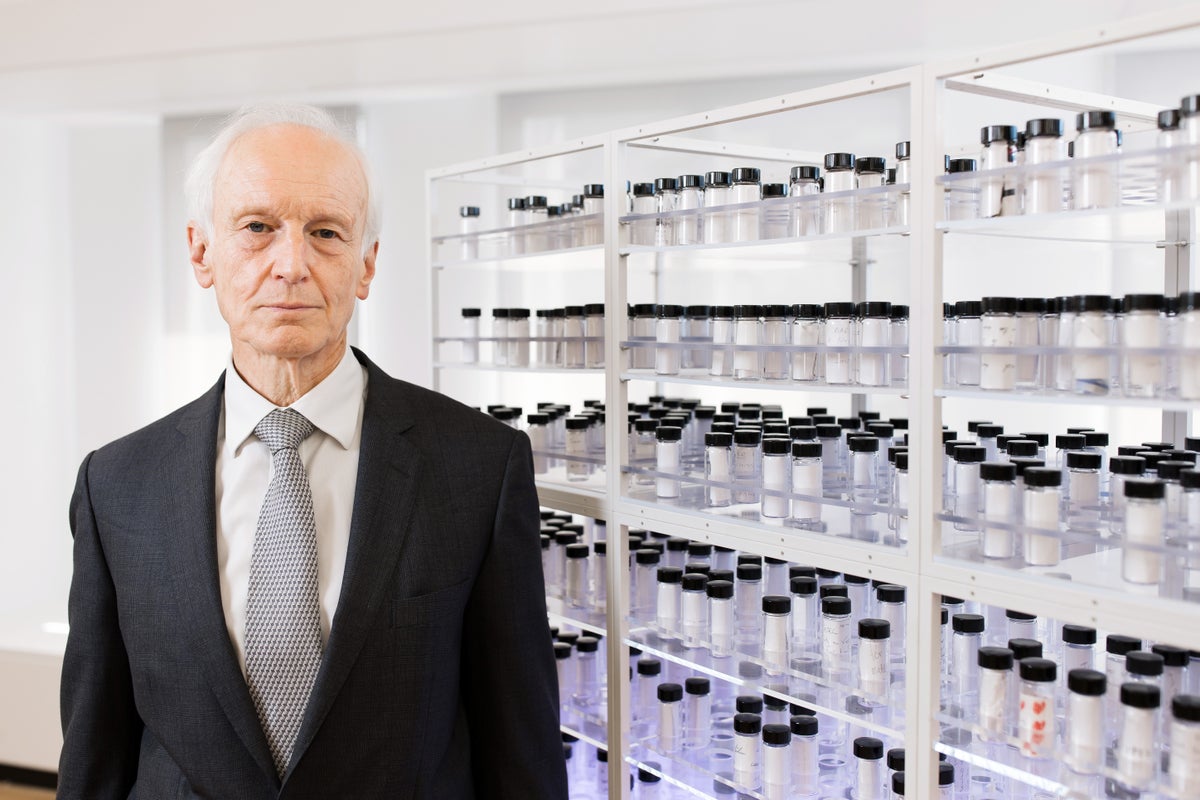Government Failures in Compensation for Victims of the Infected Blood Scandal
A recent report has highlighted serious failures in how the British government has handled compensation for victims of the infected blood scandal, leading to a “new and different layer of psychological pain” for those affected. The inquiry into the compensation process found that many individuals have been ignored, with the state’s apology deemed meaningless unless they are given greater involvement in the process.
Sir Brian Langstaff, chairman of the official inquiry into the infected blood scandal, emphasized that decisions were made behind closed doors, resulting in clear injustices. He stated that the government has known for years that compensation for thousands of people was inevitable and had identified many of those who should have received it. However, only 460 people have received compensation so far, while many more have not even been allowed to begin the process.
The report called for the compensation scheme to be expedited, with greater access offered to those affected by the scandal. It noted several critical issues:
- A missed opportunity to consult with those impacted by the scandal.
- A repetition of past mistakes in the responses from both Labour and the Conservative parties.
- Lost trust in the Infected Blood Compensation Authority (IBCA) among many victims.
- Grave concerns over the delay in compensation.
- The creation of a “liability window” that excludes people infected with HIV before 1982 from compensation.
- The lack of full recognition of the impacts of hepatitis infections, including early treatment side effects.
Campaign group Tainted Blood estimates that at least 100 people have died while waiting for compensation since the main report was published last year. The inquiry was told of the psychological pain faced by victims, which Sir Brian described as “fully justified.” One victim, Andrew Evans, who was infected with HIV and hepatitis C through contaminated blood products during treatment for haemophilia as a child, shared his experience of enduring an additional layer of trauma.
Evans described spending over 30 years fighting trauma, exclusion, and the constant struggle to keep his life together. He said the delays in compensation have pushed his fight to its absolute limit, leaving him exhausted and filled with anguish. Others have echoed similar sentiments, feeling as if they are waiting to die in limbo, unable to make progress in their lives while fearing they may never receive the compensation they deserve.
Jackie Wrixton, a 63-year-old diagnosed with hepatitis C after receiving a blood transfusion in 1983, expressed hope that the report would force the government to act quickly. She criticized the lack of action despite the powerful recommendations, stating that there is “platitude but none of the action.”
Of the tens of thousands believed to have been infected, and the many more affected by the scandal, only 460 have received compensation so far, totaling £326m. Some 616 have received an offer of compensation, while 2,043 have been asked to start compensation claims. Sir Brian emphasized that delays in paying compensation have created an injustice of their own, stressing the need for a quicker rollout.
The report outlined several recommendations to speed up compensation and improve fairness, including allowing infected and affected people to apply for compensation rather than waiting to be asked. It also called for faster progression of compensation for those more seriously ill, older individuals, or those who have not received compensation quickly.
Sir Brian also urged an end to the injustice of excluding people infected with HIV before 1982 from compensation and for the IBCA to drop unrealistic evidence requirements for those suffering severe psychological harm.
Despite Prime Minister Rishi Sunak’s promise of comprehensive compensation, the government set out little detail on how the scheme would work, leading to a rushed process due to the snap general election. The inquiry criticized the lack of proper expertise in the appointed expert group, highlighting the absence of psychological experts, clinicians specializing in bleeding disorders, and transfusion specialists.
A government spokesperson acknowledged the report’s findings, stating that over £300m has been paid to victims since the compensation scheme opened last October. They also mentioned taking action to enable a quicker compensation process.
The inquiry stressed the importance of involving those infected and affected in the decision-making and operation of the compensation scheme. It concluded that the government’s apology will only be meaningful if it demonstrates a willingness to listen and act when it has made a mistake. Truly involving those affected would mark the beginning of turning the page on the past.







